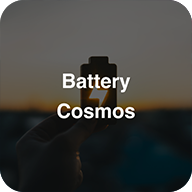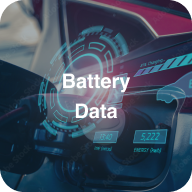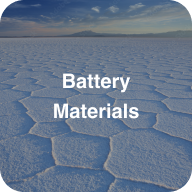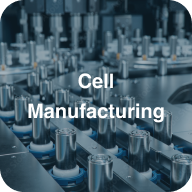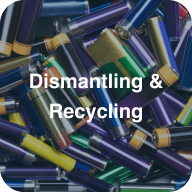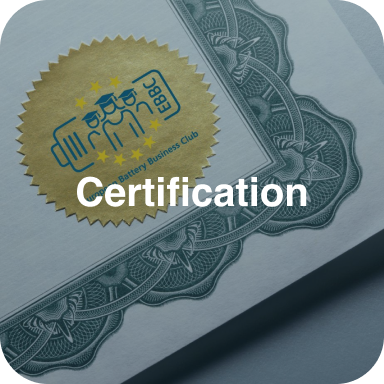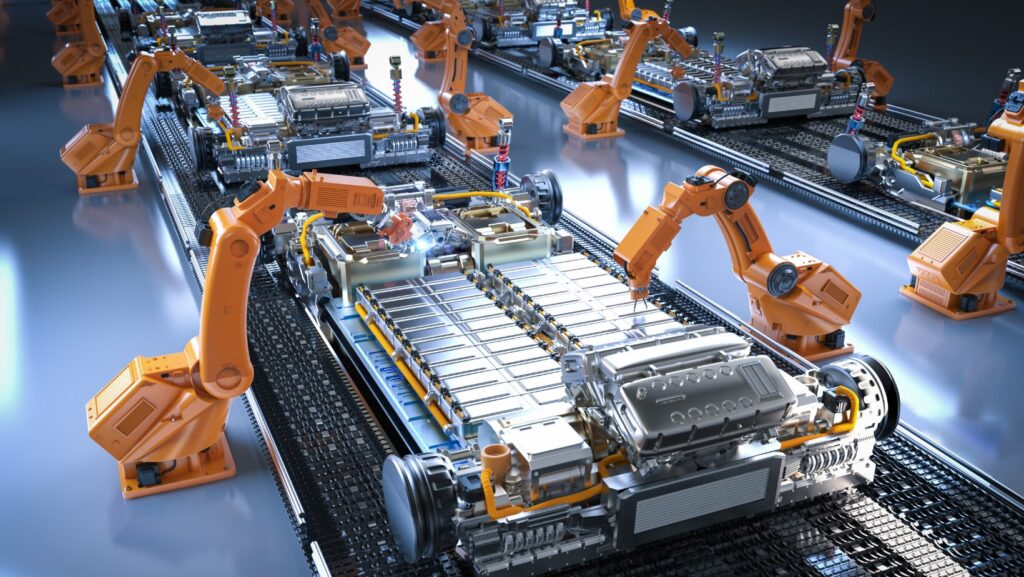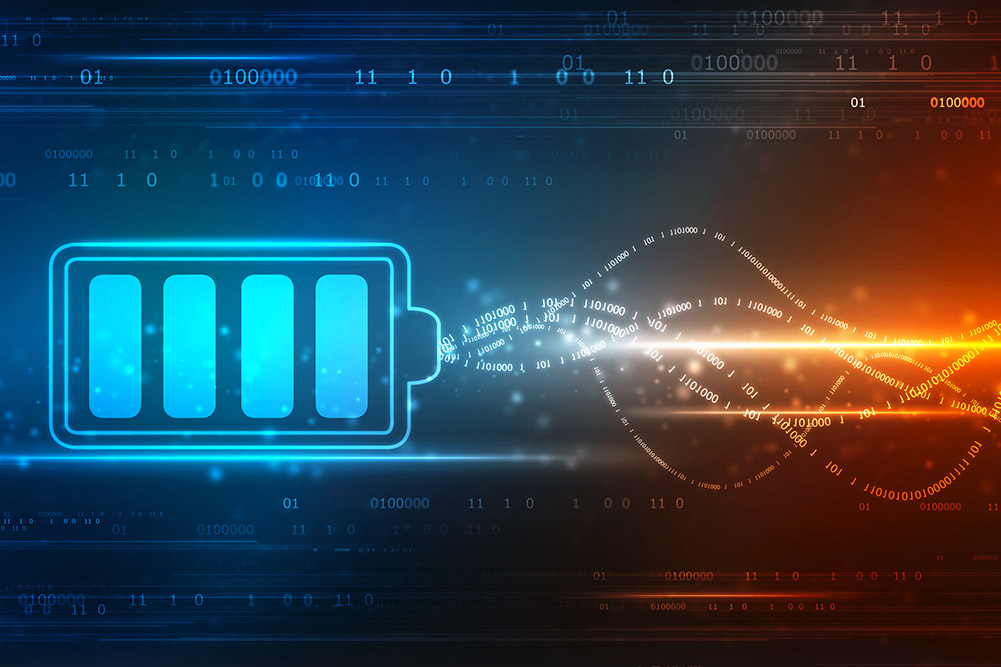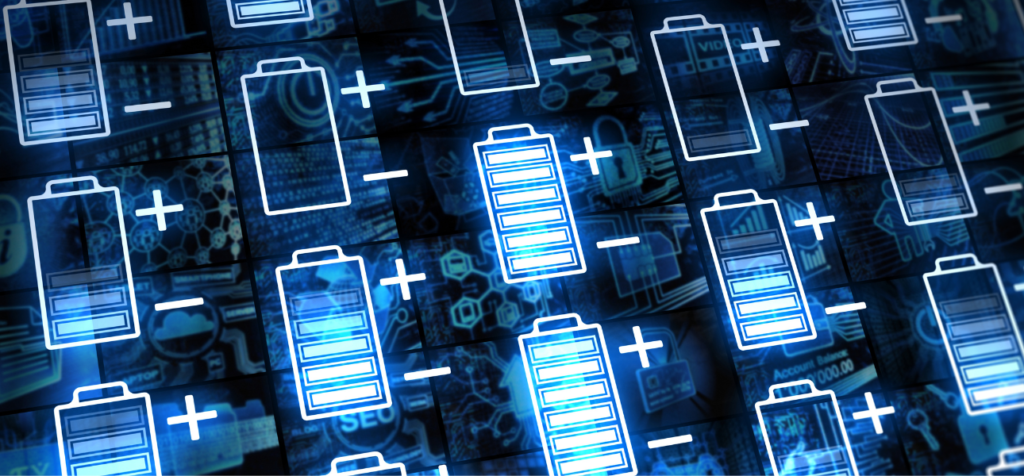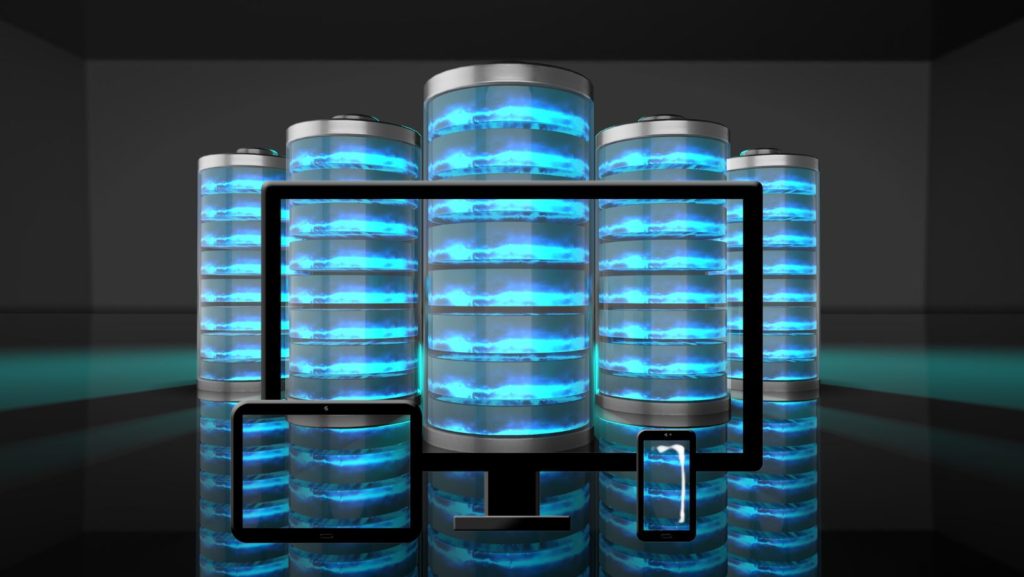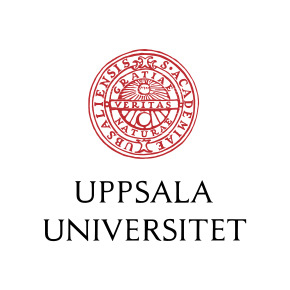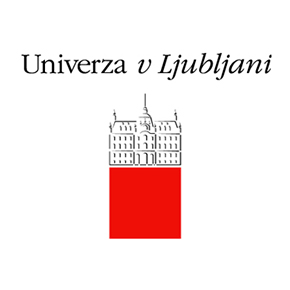Online Expert Talk: »From Road to Cloud: Real-World Insights on Lithium-Ion Battery Monitoring« | May 6th, 2025 from 2 pm – 3 pm
Battery Data
The second part of the introduction provides background information on why digitalization is important in the battery industry and the necessity and importance of a digital mindset. The battery data module covers a workload of approx. 10 hours. The learning content is taught online on our learning platform. This allows you to work on the course content whenever and wherever you want and as often as you want without time pressure.
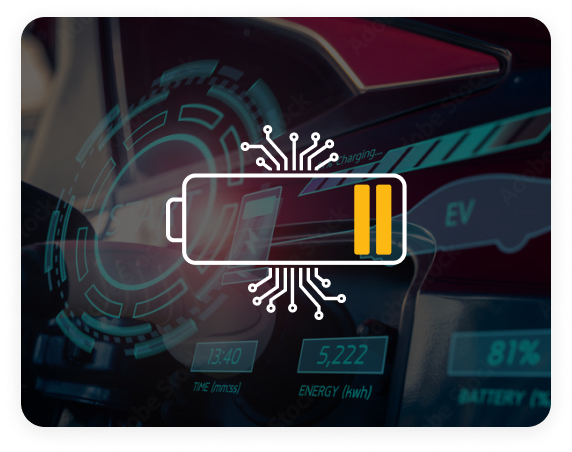
Topics:
- Introduction
- Topic 1: Digitalisation & digital mindset.
- Topic 2: General introduction into data collection, storage and analysis.
- Topic 3: Basics of battery properties: Important battery parameters and how to calculate them.
- Topic 4: Data along the battery value chain
- Topic 5: Life cycle assessment – A use case for data usage
- Summary
Learning objectives
After the battery data training module, participants will be able to:
Our experts
The experts in this module all come from Fraunhofer Research Institution for Materials Recycling and Resource Strategies IWKS. The institute develops circular materials and material recycling technologies for a waste-free circular economy. This includes research for the substitution of critical raw materials with more sustainable alternatives, the intelligent regeneration of materials in high-technology products with regard to the longevity of products, and the energy-efficient recovery of materials as sustainable precursors for production.
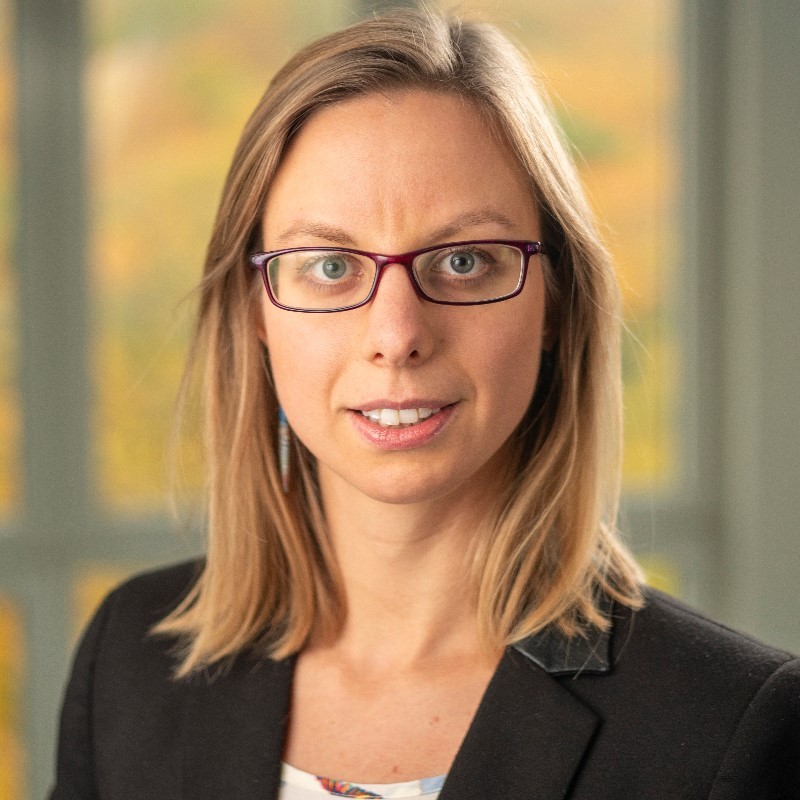
I’m an energy engineer with a broad knowledge in renewable energy generation and storage technologies. Driven by my love for nature, my affinity to technology and the vision of living in a sustainable system, I studied renewable energy and energy management. During my Master at the technical university Darmstadt, I deepened my knowledge in the method of life cycle assessment (LCA). With LCA we are able to determine the ecological impact of a product, service or process over his whole life cycle. This allows us to identify the biggest levers in terms of ecological impact and find the most efficient way to change.
After gaining two years of experiences in the solar industry sector, I started my scientific career 2022 at the Fraunhofer Institute for Material Recycling and Resource Strategies IWKS.
My work focused above all on the ecological impact of new recycling processes for lithium-ion batteries including research, measurements and assessments.
With my work I intend that the ecological aspect of a process is taken into consideration in an early stage of process development and into decision making of industries.
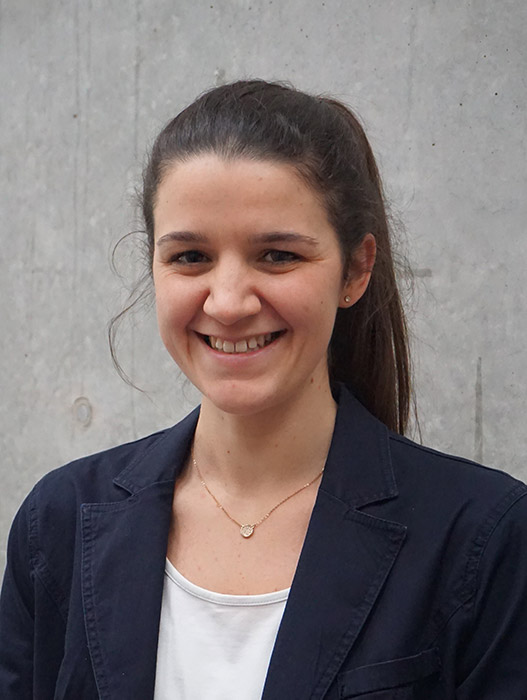
I am Leonie Wenzel, as an environmental engineer in the department “Digitalization of Resources” specializing in waste and recycling management. After completing my Master’s degree in 2022, I started working as a research assistant at Fraunhofer IWKS in Alzenau.
In my work, I am involved in various projects to promote the circular economy. In the group, we deal with separation and sorting technologies with the aim of improving the processes of mixed material flows and the recovery of raw materials from these flows. We also specialize in the life cycle assessment of products and processes. Regarding Lithium-Ion-Batteries we are not only focusing on the fragmentation but also on the recovery on the solid materials even up to deal with the waste waters.
